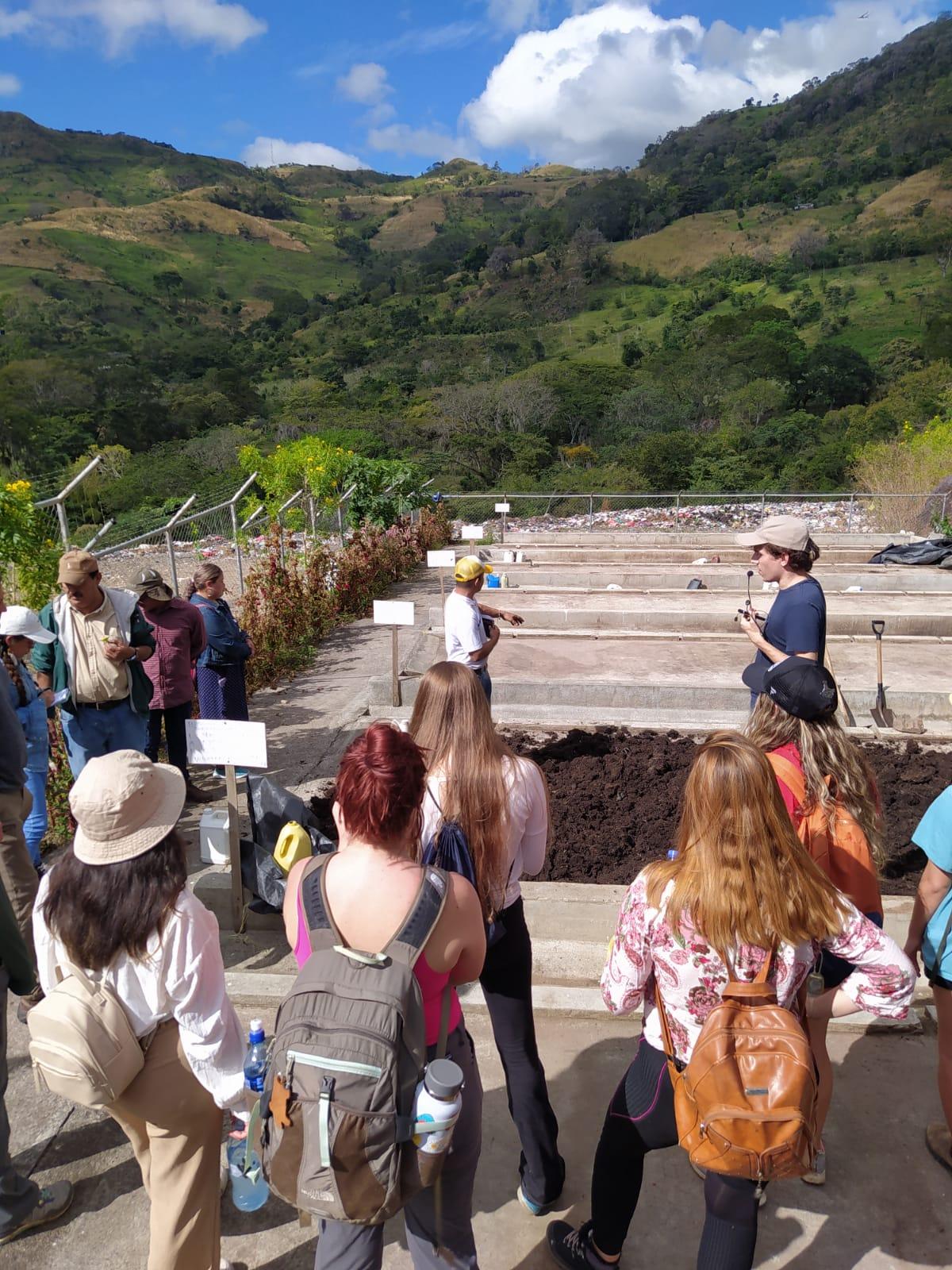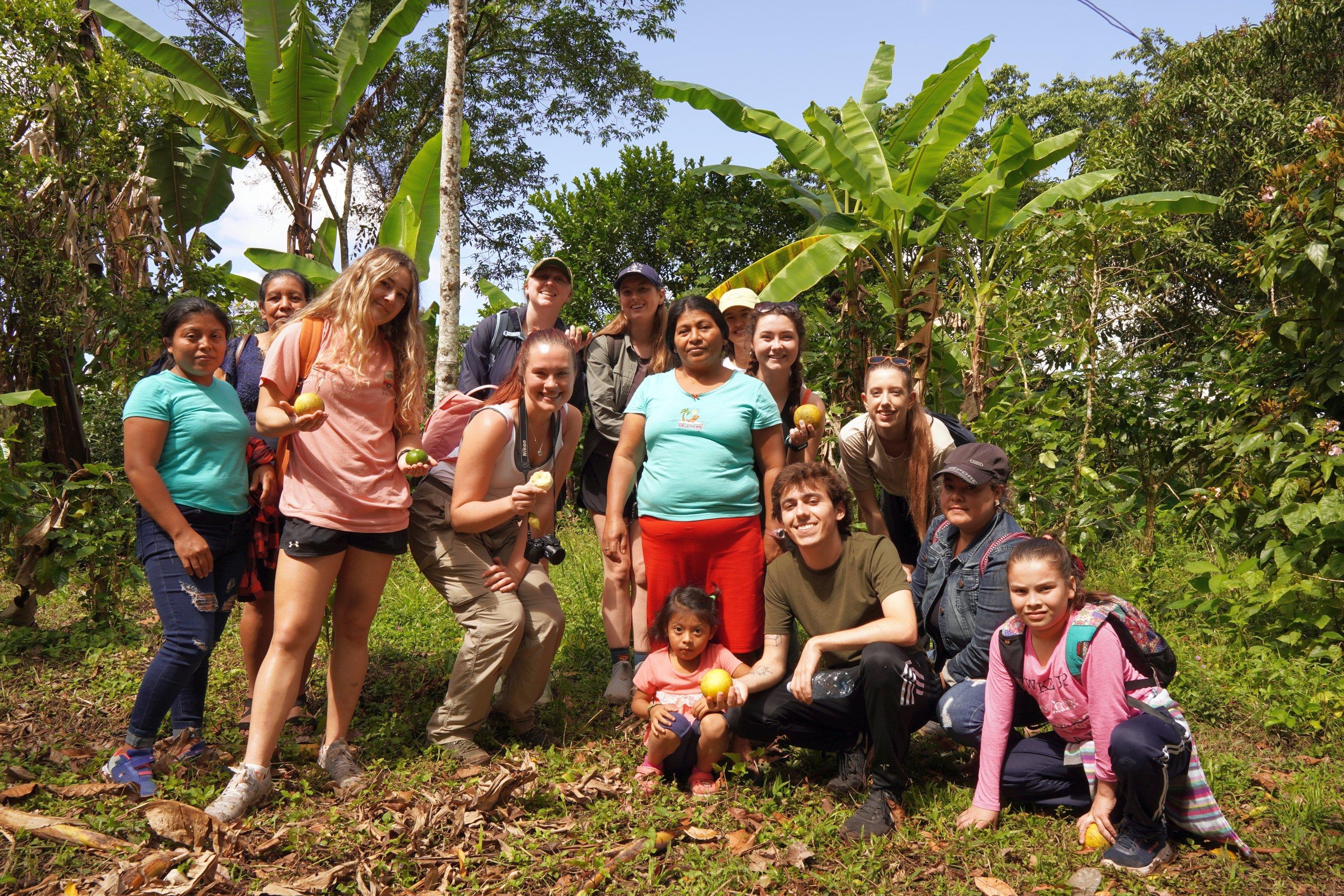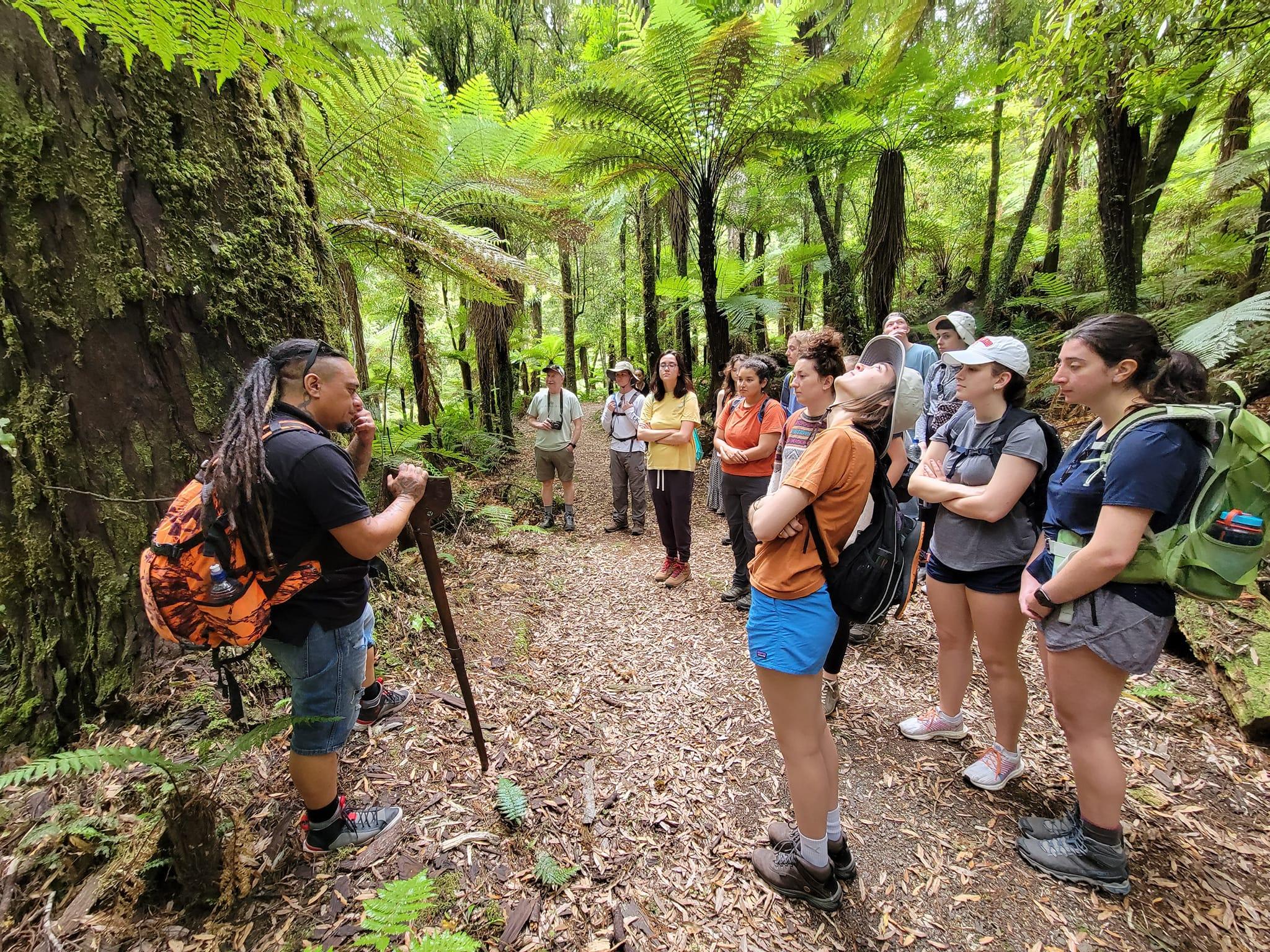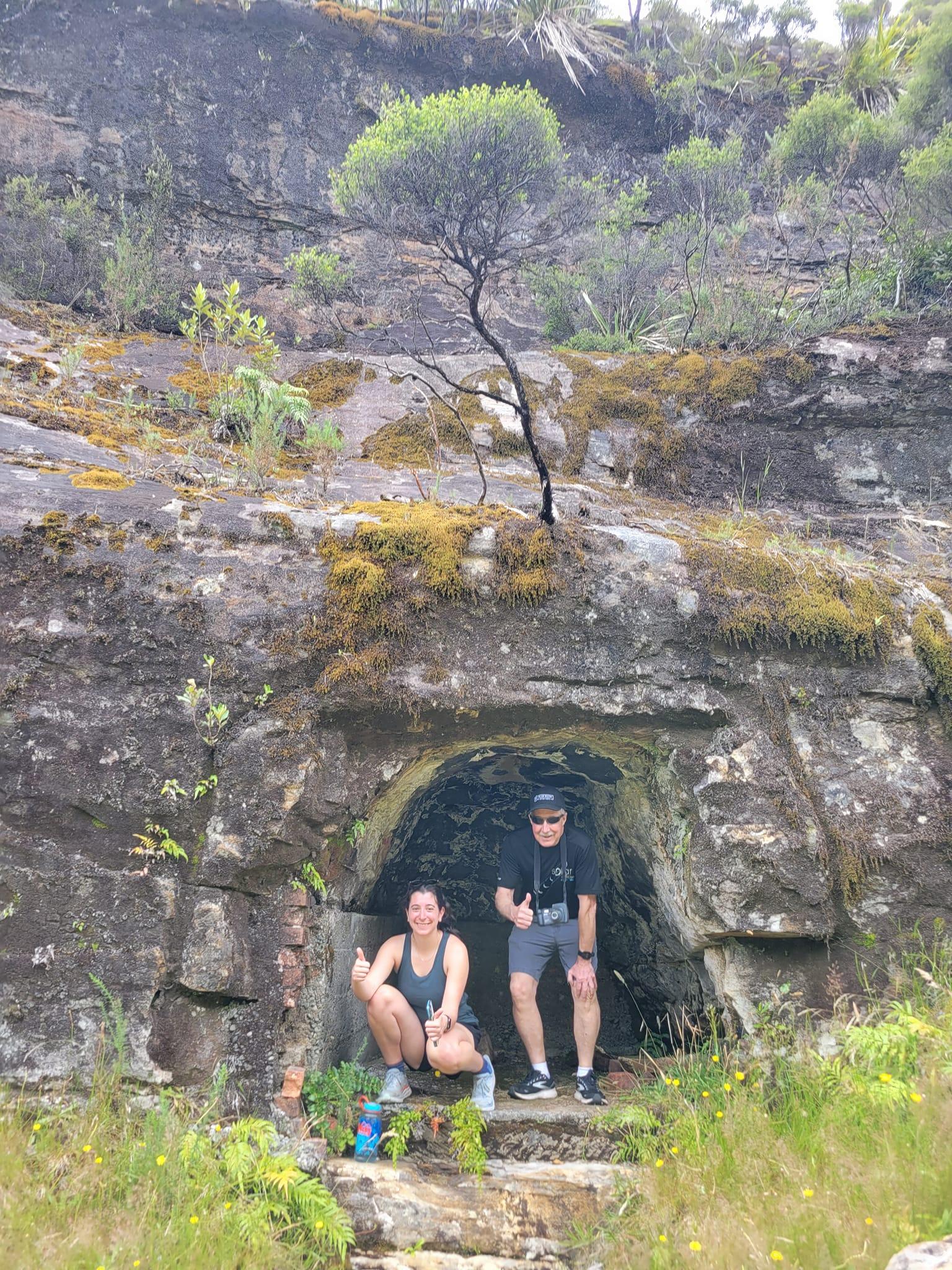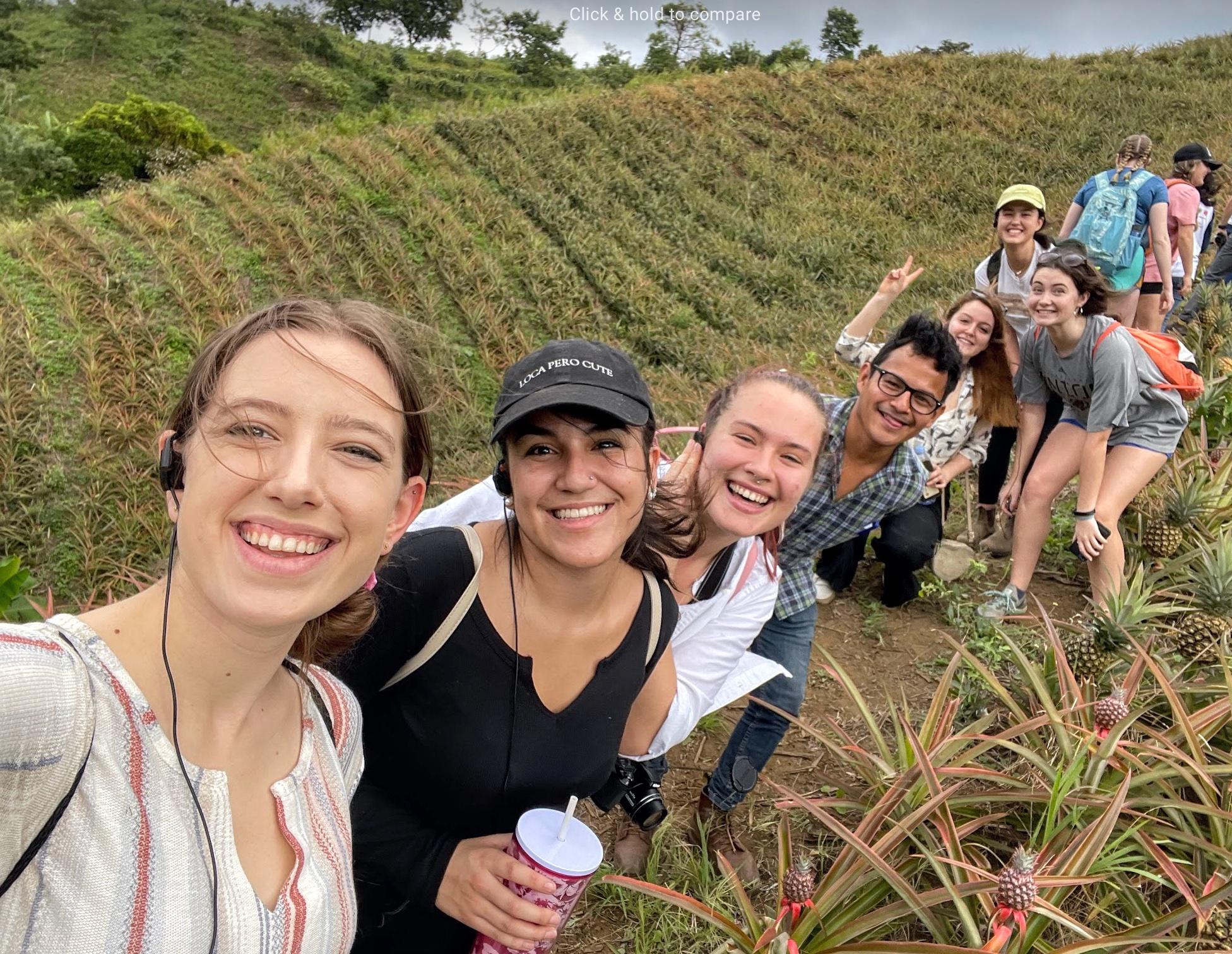
As an agricultural and resource economics student, Phia Krygowski wanted to expand her global perspective of agribusiness as she prepared for her final semester at the University of Maryland. Environmental Science & Technology student Nicholas Olson wanted to see real life examples of conservation in action.
Through the university’s Education Abroad program, Phia, Nicholas, and fellow Terps spent multiple weeks this past winter immersing themselves in the cultures of Nicaragua and New Zealand to gain a greater understanding of how these countries balance agriculture and sustainability. From riding horses in the mountains to visiting volcanoes, taking a tour of a recycling center and interacting with government officials, the trips provided an engaging balance of education and exploration.
“I think it’s important for every student to experience life with a different culture because it isn’t something that can necessarily be taught in a classroom,” said Olson, who participated in the New Zealand trip, led by Associate Dean of Academic Programs, Joe Sullivan. “The fact that we saw everything we were learning about in person, as it was happening, is unique.”
Prime examples of this included visiting Blue Duck Station in New Zealand to learn about efforts to protect endangered wildlife, the health of native bush and rivers, and historical preservation. In Nicaragua, Phia and company, led by Animal Science professors Rick Kohn and Eduardo Rico, got to visit a female-owned coffee cooperative, where the women in the community lived on the land and handled all aspects of production.
The students also learned things they might not have otherwise discovered like the importance of gender equality and free healthcare in Nicaragua. Or in New Zealand, how the country’s unique forests evolved in isolation for nearly 80 million years and how farmers rely on sheepdogs for their operations.
“Studying abroad is a great way to completely jump out of one’s comfort zone and truly learn what life is like in different countries,” said Krygowski. “There are new perspectives and beliefs that someone can adopt, leading to increased compassion towards others and a more open mind, which are invaluable.”
by Andrew Muir : Momentum Magazine Summer 2023
Originally published on the College of Agriculture and Natural Resources website.
